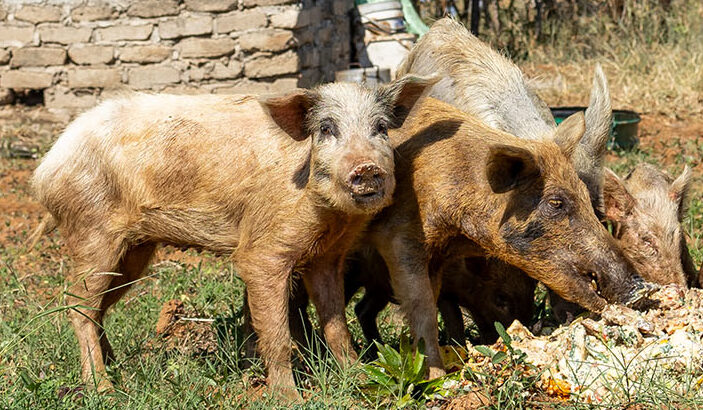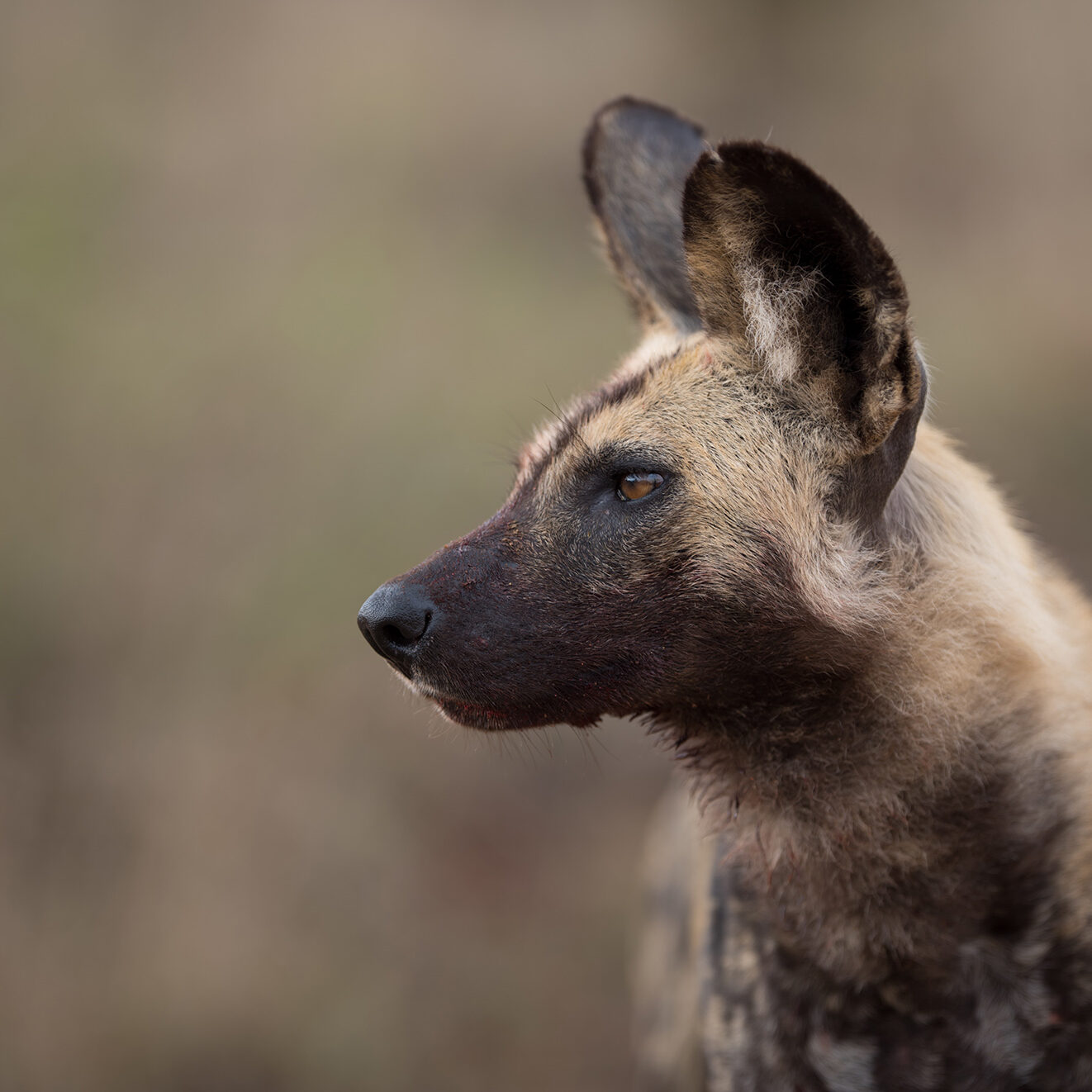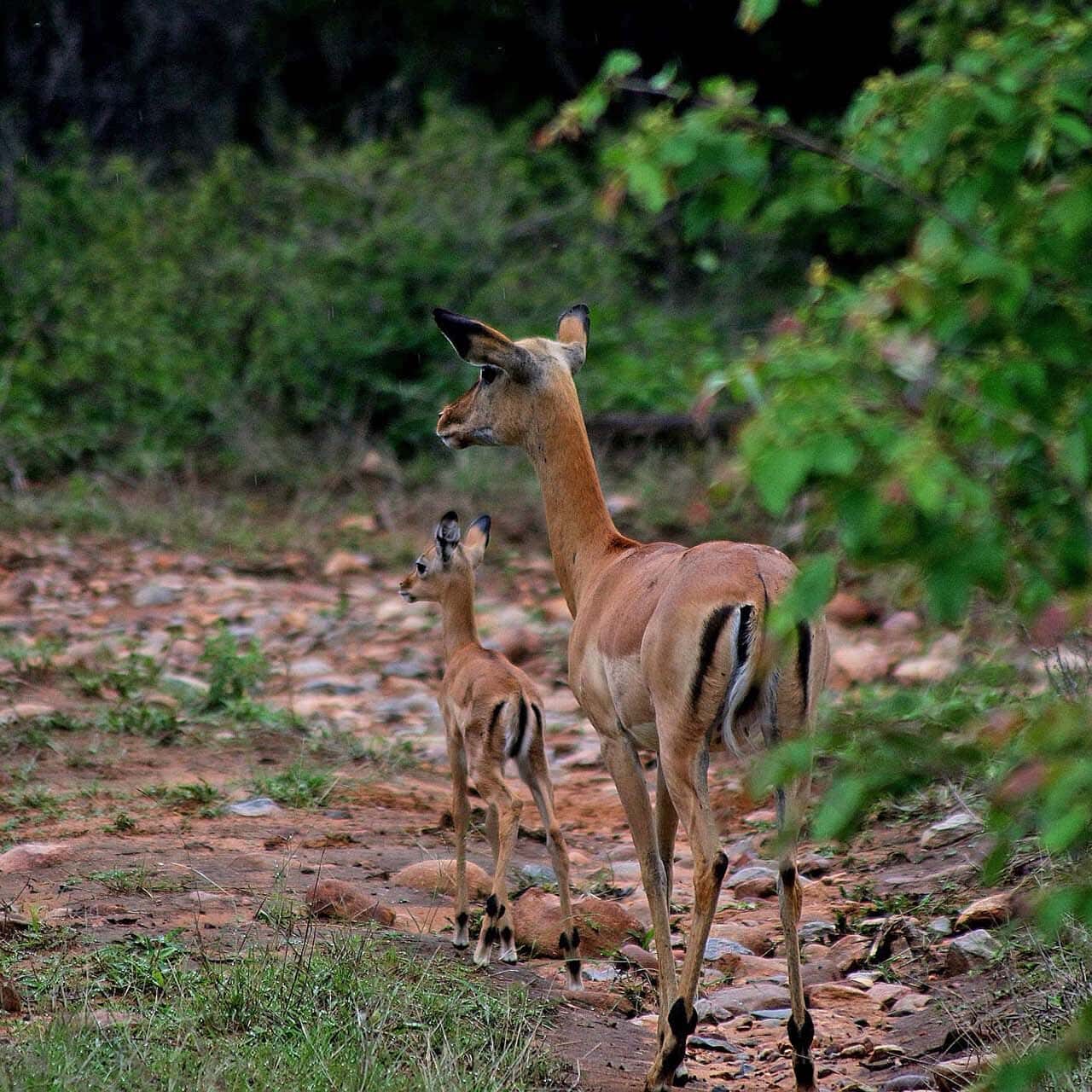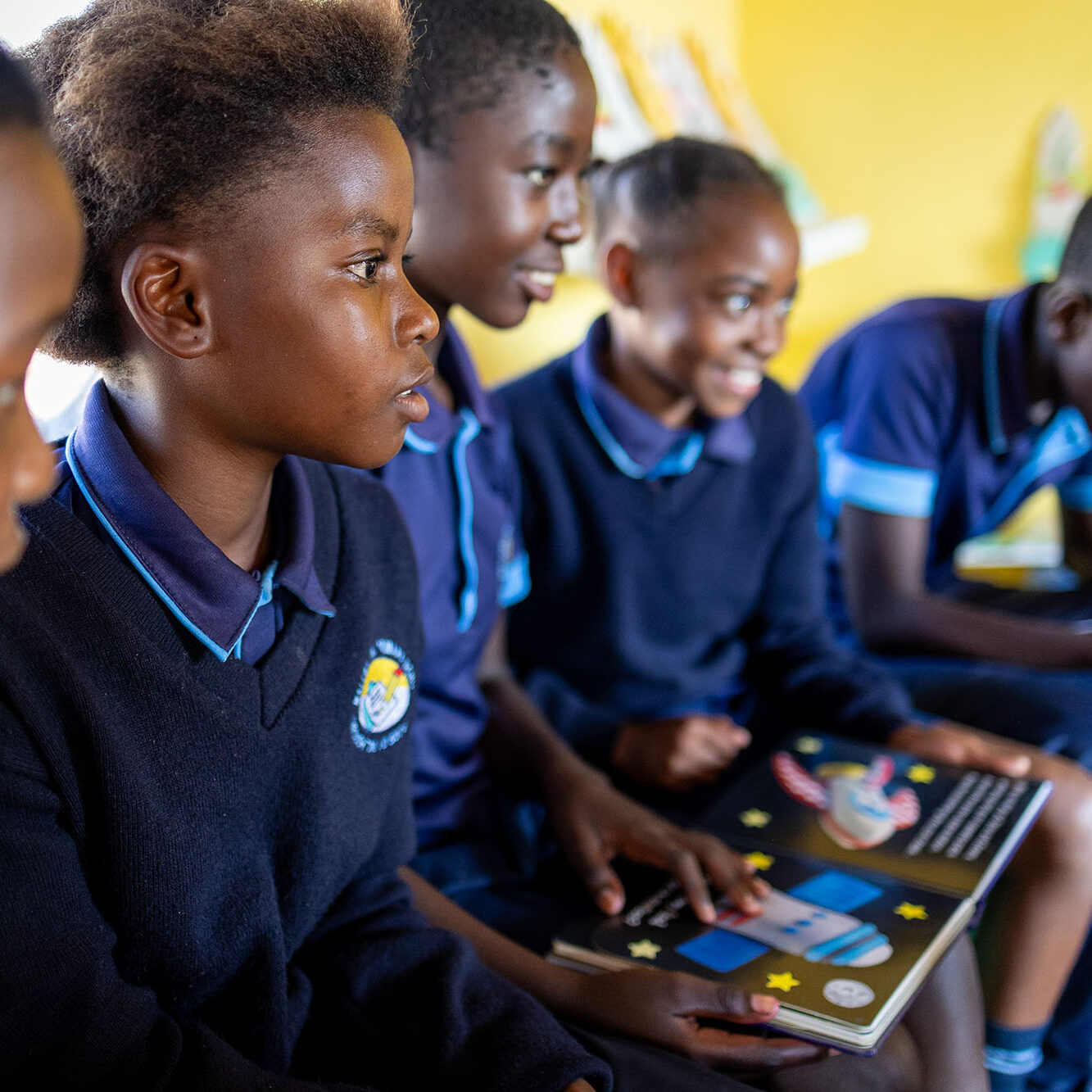The Pig Project at Karongwe

The Pig Project
Turning kitchen waste into income, one bucket at a time
At Karongwe, even the leftovers have a job to do.
Every day, our lodge kitchens set aside peelings, offcuts, and plate scraps — not for the bin, but for the back of a bakkie. From there, the buckets head down dusty roads — under the watchful eyes of our Big Five onlookers — to arrive at two small-scale pig farms in neighbouring communities.
The pigs get a nutrient-rich, varied diet that keeps them healthy and growing. The farmers slash their feed bills — one of the biggest costs in livestock rearing — which frees up cash for school fees, seeds, and farm improvements. Less organic waste ends up in landfill, cutting methane emissions and closing the loop on food use.
For Thapelo Malatje and Elias Mohlala, our two local pig farmers, the impact is immediate: every bucket of scraps helps stretch their resources further.
It’s regenerative in every sense: waste becomes nourishment, nourishment becomes income, income becomes opportunity — opportunity that grows into local jobs, feeding families and futures. And it starts with a bucket of scraps, a reminder that small, local actions can ripple outward to shape a more resilient ecosystem and community.
What started as a simple question — what happens to our kitchen waste? — has grown into a small-scale farming success story.
Co-owners and managers at Karongwe, Matt and Brett Bowes see it as a model for practical regeneration: small changes that scale up quickly. The farmers’ reduced costs mean more money stays in the local economy, while guests get the satisfaction of knowing their stay fuels a chain of good.
It’s a neat, closed-loop system where everyone benefits — pigs, people, and the planet.


